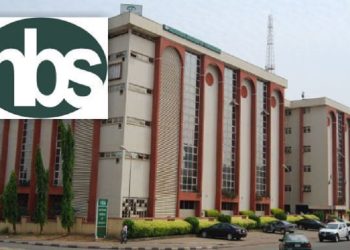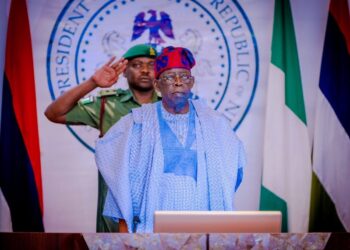In a significant move to address Nigeria’s long-standing electricity metering gap, the Federal Government, in collaboration with state governments, has raised N100 billion for the procurement of prepaid electricity meters. This initiative is part of the broader Presidential Meter Initiative (PMI) aimed at improving transparency in billing and closing the metering deficit across the country.
Minister of Power, Adebayo Adelabu, announced the development during a press briefing in Ibadan, Oyo State. He emphasized that the current administration, led by President Bola Tinubu, is determined to tackle the challenges in the power sector, with metering being a top priority.
Adelabu highlighted the pervasive issue of estimated billing, which has led to widespread dissatisfaction among electricity consumers. “Out of the over 12 million electricity customers in Nigeria, only a little over five million are metered,” he noted. “This leaves a gap of more than seven million meters, contributing to the self-inflicted problems in our power sector.”
To bridge this gap, the Presidential Meter Initiative has been launched, with a target to procure and install a minimum of two million meters annually over the next five years. The initiative is supported by both federal and state governments, with the recent funding boost of N100 billion marking a significant step forward.
In addition to local efforts, the World Bank is backing Nigeria’s meter procurement through its Distribution Sector Recovery Programme (DISREP). Adelabu disclosed that $200 million out of the $500 million DISREP fund will be allocated to the meter procurement process. This initiative is already at an advanced stage, with contract awards issued and preparations underway to import meters from both international and local suppliers.
Adelabu explained the necessity of combining international and national competitive bidding due to the scale of the project and the need for cost-effective solutions. “We must bring in meters from overseas and locally, considering capacity requirements and cost efficiencies,” he said, adding that local manufacturers are also being encouraged to participate.
Furthermore, the minister revealed that the sale of meters has been liberalized, allowing electricity distribution companies (DisCos) to enable customers to purchase meters directly from vendors. However, he acknowledged that the cost of meters has increased due to fluctuations in exchange rates.
This concerted effort by the government and international partners is expected to significantly reduce the metering gap in Nigeria, ensuring that more consumers have access to accurate billing and reliable electricity services. The initiative also underscores the government’s commitment to addressing the challenges in Nigeria’s power sector, with a focus on long-term sustainability and growth.











